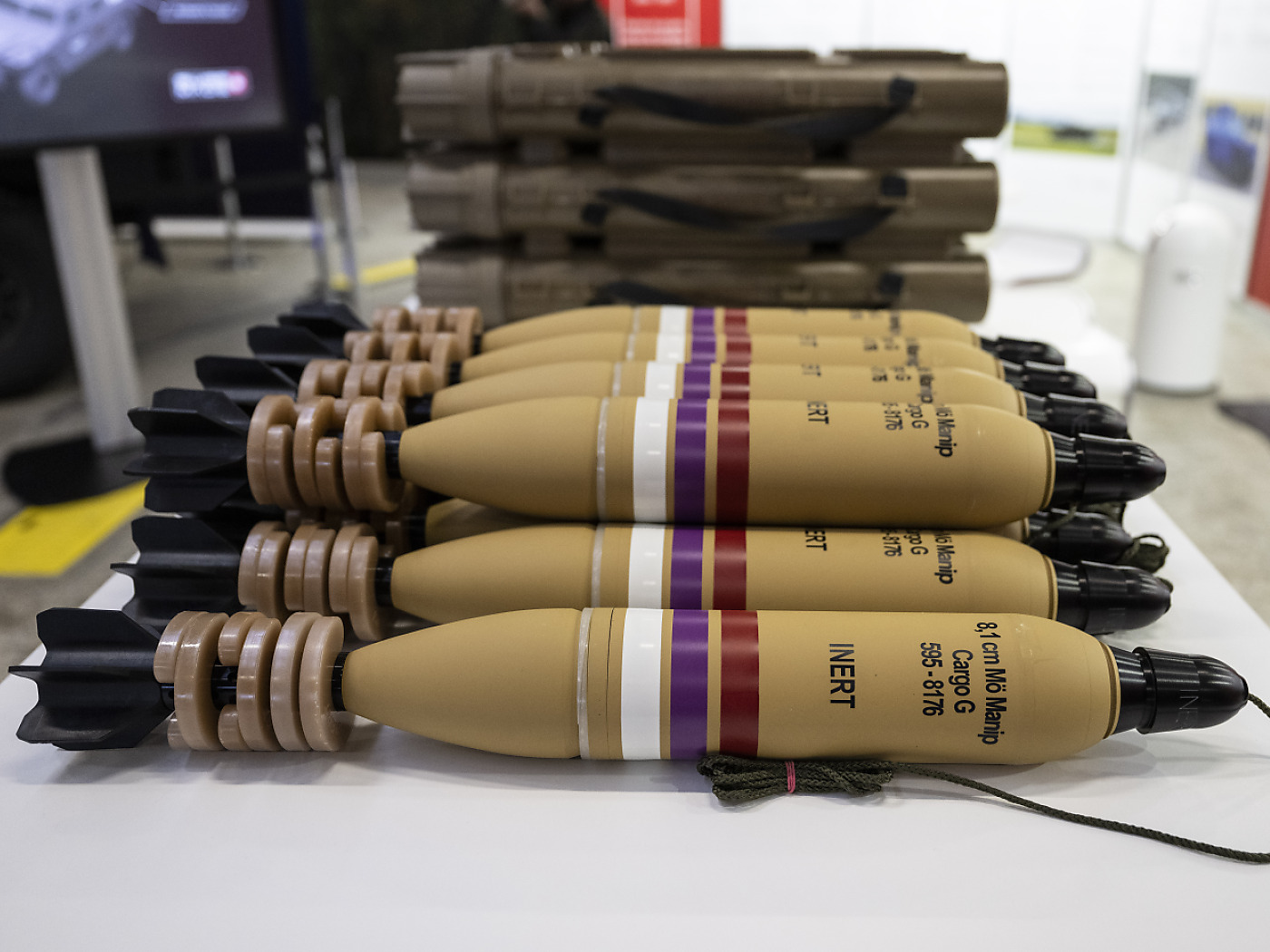
Swiss army receives CHF500m extra funding boost

The Swiss army will have CHF530 million more than expected for armaments investments after a parliamentary chamber approved the increase.
+Get the most important news from Switzerland in your inbox
The House of Representatives pushed through the spending boost despite objections from left-wing and green parties.
The decision means the army should be able to spend CHF 2.7 billion on armaments in the coming year. Some CHF 200 million is earmarked for longer-range ground-based air defense systems (Bodluv).
The House of representatives wants military expenditure to reach 1% of GDP by 2030. Parliamentarians made corresponding increases in the financial plan years 2026 to 2028.
Switzerland ‘needs greater resilience’
The conservative majority prevailed. In geopolitically tense times, it is important to increase spending on defense capabilities, was the tenor.
The Centre and Radical party parliamentary groups also pointed out that the army was not sufficiently well equipped today.
The left-green minority pointed out that the army was only one of many pillars for strengthening security. “International cooperation and peacebuilding are just as crucial,” said Green Liberal parliamentarian Corina Gredig. The balance between the three pillars was at risk because the conservatives wanted to cut back on foreign aid.
Army to become more efficient
The chamber will not decide on spending on international cooperation until Wednesday. In the area of security and justice, it followed the proposals of its Finance Committee with one exception.
According to this, the army should compensate for part of the additional expenditure itself by increasing efficiency. Specifically, by reducing the operating expenses of the armed forces and the Federal Armaments Office (Armasuisse) by a total of CHF50 million.
Parliamentarians also decided on additional revenue. For example, the Federal Office for Customs and Border Security is to generate CHF22 million by charging the cantons for the control of persons by the Border Guard Corps at Geneva and Basel airports.
Translated from German by DeepL/mga
This news story has been written and carefully fact-checked by an external editorial team. At SWI swissinfo.ch we select the most relevant news for an international audience and use automatic translation tools such as DeepL to translate it into English. Providing you with automatically translated news gives us the time to write more in-depth articles.
If you want to know more about how we work, have a look here, if you want to learn more about how we use technology, click here, and if you have feedback on this news story please write to english@swissinfo.ch.

In compliance with the JTI standards
More: SWI swissinfo.ch certified by the Journalism Trust Initiative































You can find an overview of ongoing debates with our journalists here . Please join us!
If you want to start a conversation about a topic raised in this article or want to report factual errors, email us at english@swissinfo.ch.